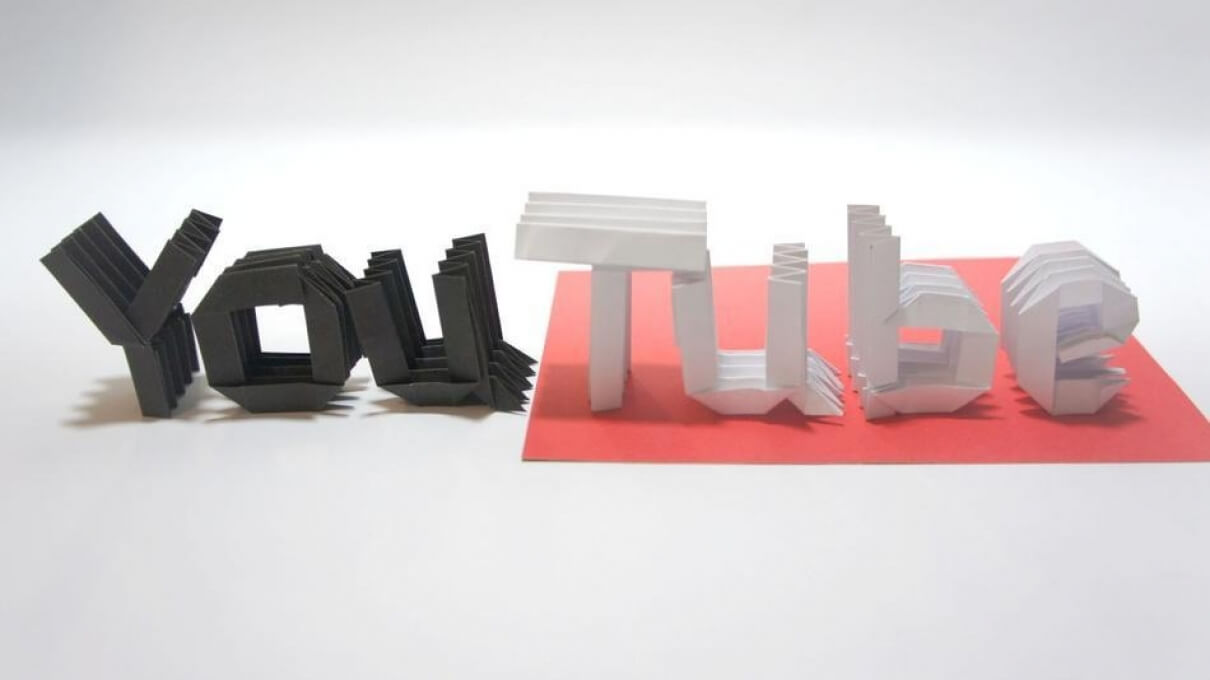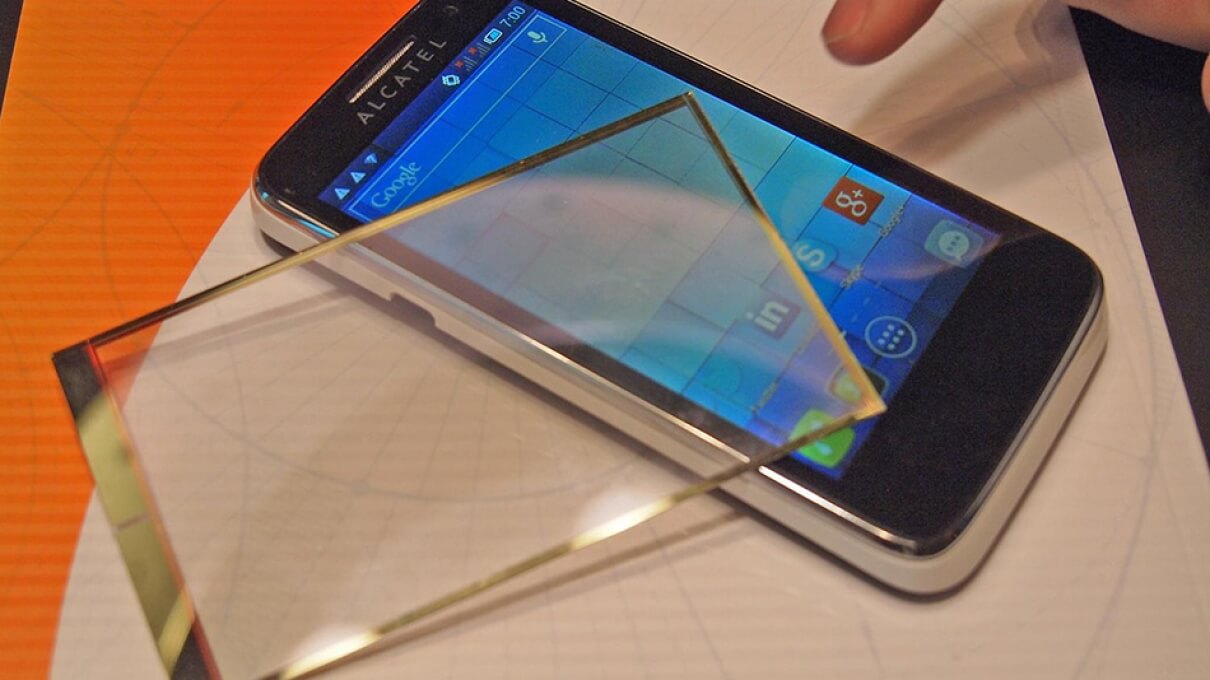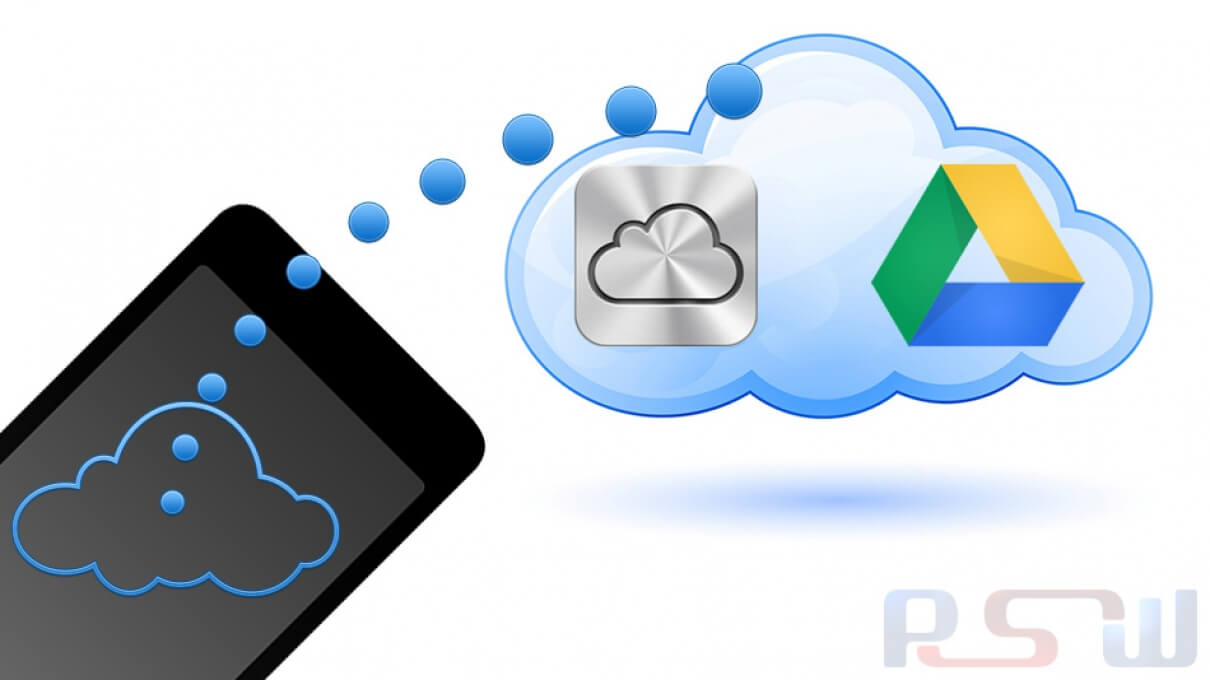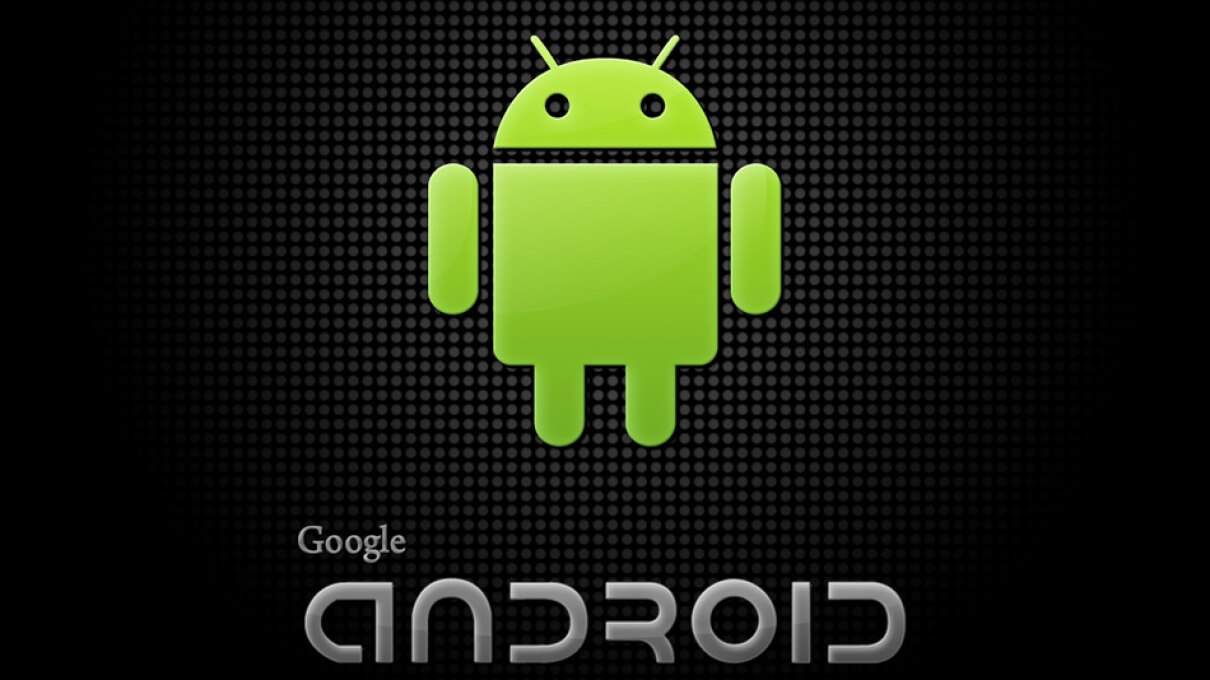
So, What is Android After All?
I'm pretty sure that the majority of Mobile Phone owners operate on an Android device. Some are users with advanced knowledge of the Android, others are migrating from a different platform to Android, and others... well, welcome to the future!So, what is Android after all?
1. Android is a Mobile Operating System
Android is the mobile operating system developed by Google. Essentially, Google produces the software that runs almost every other mobile phone besides Apple's iPhone. There are also some popular Android tablets as well. Android is a Linux-based software system, and similar to Linux, is free and open source software. This means that other companies can use the Android operating system developed by Google and use it in their mobile devices (more on that later). The distinguishing factor of this brand is a kernel. Android hosts a central core, which essentially is a strip code that helps the software operate.
2. Android is a Mobile Powerhouse
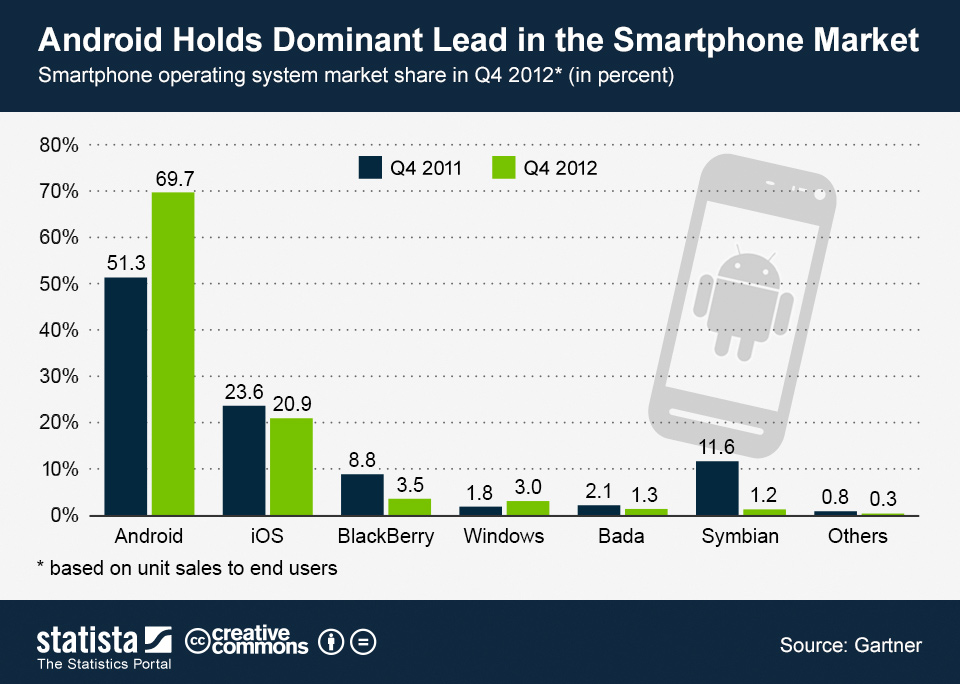
The future of this operating system is limitless. Google has the futuristic ambition and the funds to take Android to unprecedented heights. In many areas — such as predicting what users will do next (for instance, Google Now knows that in the morning you're getting ready for work and will tell you about the traffic) — they've already surpassed Apple.
Android has already posted some impressive figures that show that Android has become the number one mobile operating system in a number of areas. As of May 2013, 900 million Android devices had been activated. Also, as of the Q4 2012, Android owned 52 percent of the U.S. mobile market share and an astounding 70 percent globally. Obviously, these numbers fluctuate regularly, but Android has had a dominance in the worldwide global market share for quite some time now.
3. Google Acquired Android Inc., A Small Startup, in 2005
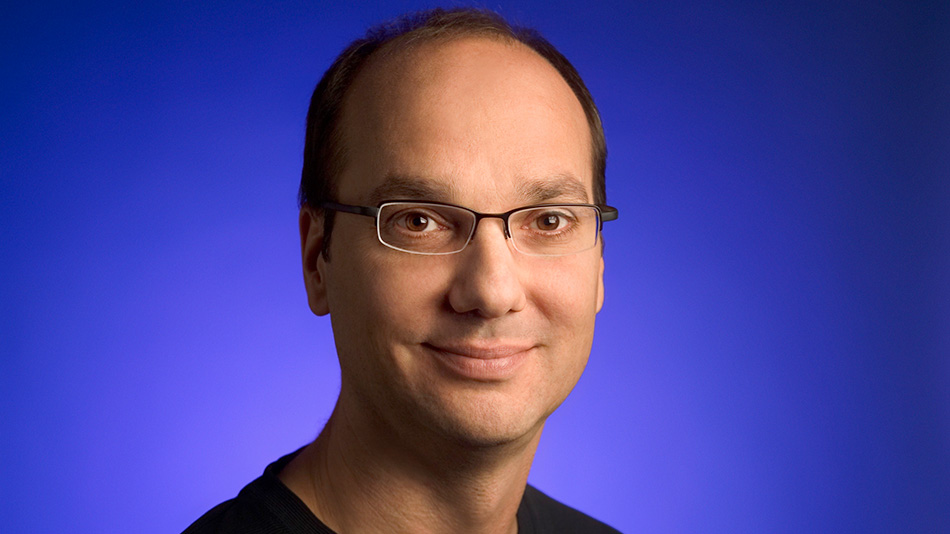
The original creators were Android Inc. — led by Andy Rubin, who became the head of Android development at Google after the acquisition in 2005. Google bought the company because they thought Android Inc. had a interesting and important concept — of creating a powerful, yet free, mobile operating system — and its considerable mobile arsenal. Android helped Google to reach a younger audience as well as give the company a number of brilliant employees from Android Inc.
In March 2013, Andy Rubin decided to leave the company he founded, Android, to move on to other projects. However, Android hasn't missec a step, and replaced him with Sundar Pichai. Pichai used to be the head of Chrome OS — Google's desktop operating system (for laptops and desktops) — so his experiences leading development teams should be beneficial to Google.
4. Early Android Devices Weren't Successful
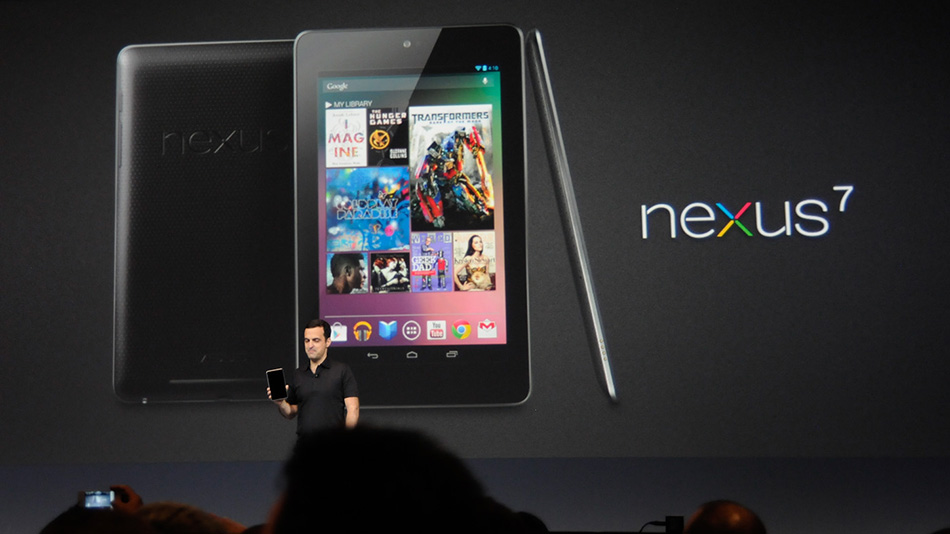
T-Mobile was the fortunate firm to release the first Android phone. In October 2008, the T-mobile G1 was announced. It gained mixed reviews upon its release, and most critics agreed that the design of the device was the biggest flaw. However, the processing power of the Android operating system was well received, which was the first indicator this would be a viable competitor.
Similarly, in the tablet market, Android worked with companies like Blackberry, who released the Blackberry Playbook in 2011, to capitalize on the success of the iPad. However, those turned out to be unsuccessful as well. The first mainstream tablet made for Android was the Nexus 7, developed by Google and Asus, and has been lauded for its powerful hardware and seamless operating system.
5. Android Has a Thriving App Store, the Google Play Store

One of the best parts of being an Android owner? The apps. Like Apple, Android has a selection of apps found in a store, called Google Play. This is the central hub that contains applications with a variety of purposes. Users can find apps to help stay organized, watch movies, read books, etc. Google's store is edging up on the competition with the possibility it could beat Apple to 1 million apps this year. Download costs are different, ranging from completely free to a few extra dollars, but that extra fee may be worth it. As of May 2013, there had been 48 billion app installs from the Google Play store.
However, there are some issues with the Google Play store. Unlike Apple's App Store — which has tight restrictions on what will and won't be allowed in the App Store — the Google Play store doesn't. Which has turned the Google Play store into a free-for-all: apps riddled with malware, fake apps, and apps with explicit adult content roam freely. Google does do a decent job getting rid of bad apps, but not as good as Apple.
6. Android Has Issues, Like Fragmentation
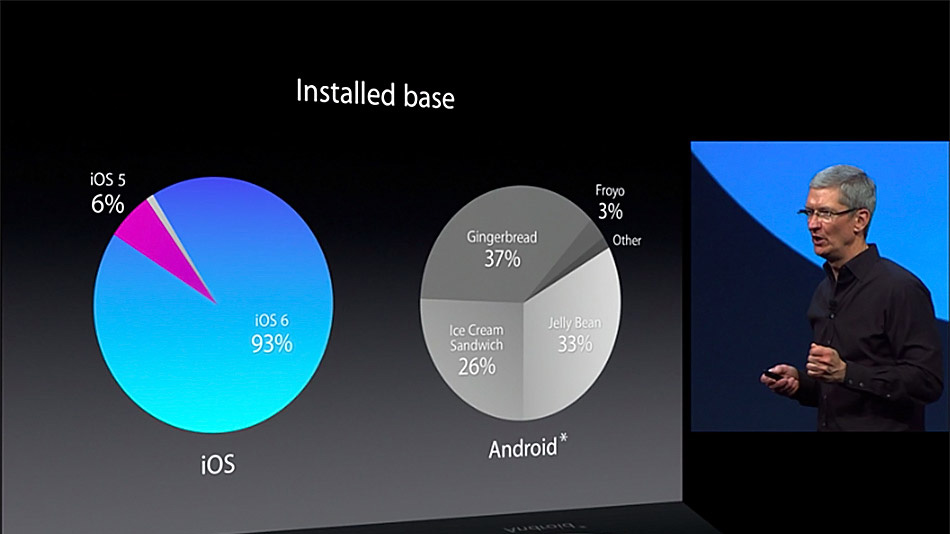
The main issue with Android devices is fragmentation. Android fragmentation revolves around phones and carriers not being able to release Android updates on a timely schedule. Why? Because Android has gotten so customizable over time, thanks to companies like Samsung and HTC, that if you own the Samsung Galaxy S4, you may have to wait a few months before Samsung can add all their extraneous features, like S Translator, to the hypothetical Android update. Because of this, two Android users can be using very different versions of the operation system. It also causes a pain for people who have older devices and can't update to newer versions of Android because their carrier or manufacturer decided not to focus on that device anymore. There is some fragmentation with Apple devices, but it's mostly surrounding one or two features per update (but Apple usually get the best features to older models). The chart above summarizes fragmentation: The most popular version of Android is 2.3 Gingerbread, which has 36.5 percent of the market share, but was also released in 2010, over three years ago.
7. Other Companies Make Android Phones and Tablets
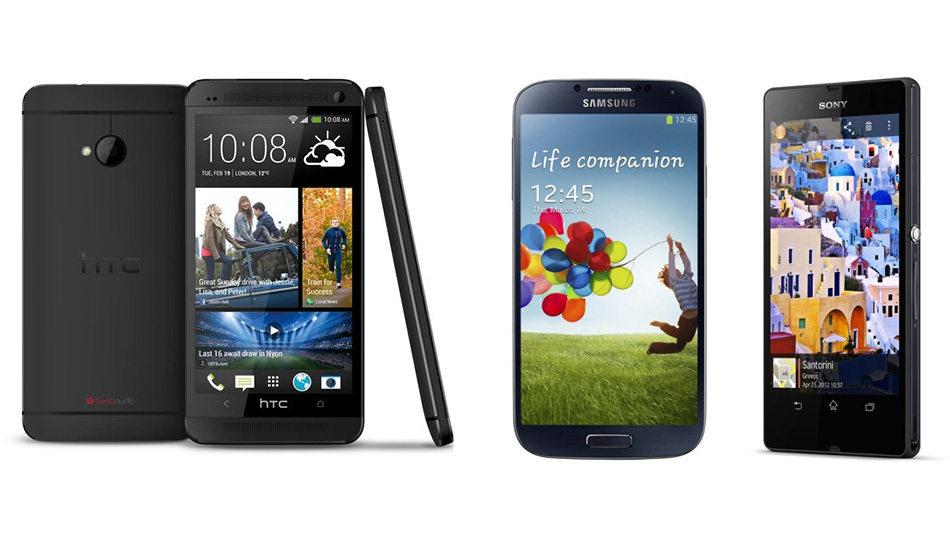
Google needed some more help creating some of our favorite devices. The primary manufacturers of the Android tablets and smartphones are HTC, Motorola and Samsung. Each company experimented with creating phones that run Android and got varying results. The manufacturers ended up distinguishing themselves with their own popular versions of the phone. Motorola stood out with the sleek "droid RAZR" while Samsung favored a intergalactic feel with the Galaxy models. However, HTC has an Android smartphone that puts the others to shame. The HTC One is hitting shelves this summer and Google has put their stamp of approval on it. The reason other companies can use Android software is because it's open source. Therefore, companies like Samsung and HTC are able to use Android's operating system in their devices. Companies can even customize and alter the operating system as well. Samsung and HTC have drastically changed Android, adding features and changing the layout so it's almost unrecognizable. Similarly, Amazon has altered the Android operating system for their Kindle Fire tablets (it's almost completely different).
8. Apple and Windows Phone Are Android's Biggest Competitors
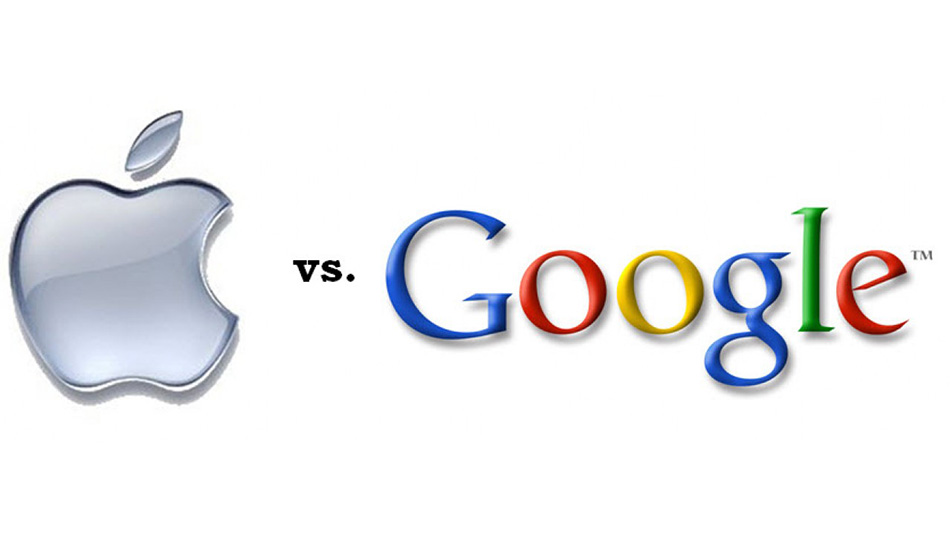
Apple may be Android's chief rival, but Windows Phone is another competitor. Windows Phone has slowly grown into a reputable mobile ecosystem, producing well-made devices, even if they haven't gotten as much love from the press as Apple or Android. Nokia's Windows Phone prides itself on its camera and focus on photography, and the Nokia Lumia 920 has some of the best camera specs on the market. If you're interested in photography and love Windows, you may want to check it out.
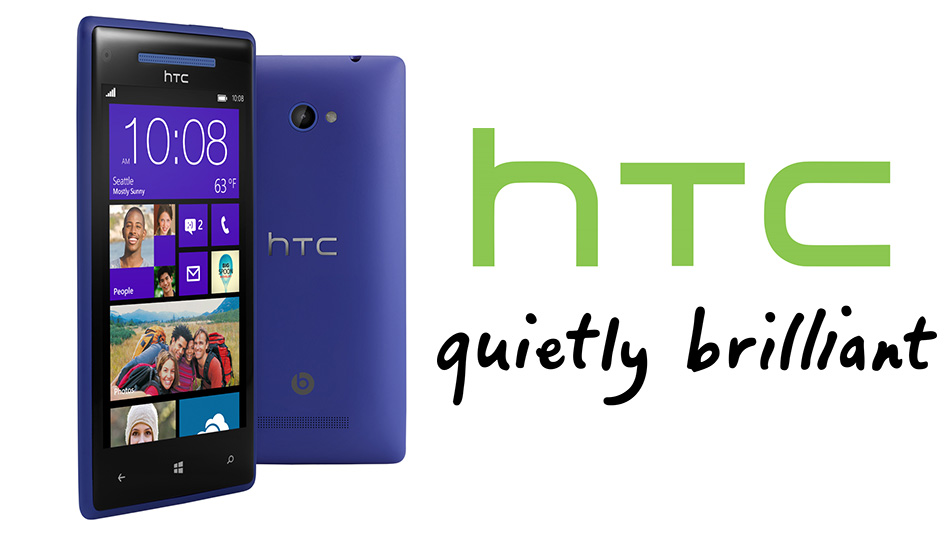
Apple jumpstarted both the smartphone and tablet industries when they released the iPhone in 2007 and the iPad in 2010. Both devices have spurred subsequent products that not only get better, but get more popular as well. Android may have a better market share worldwide and in the U.S., but Android also has a large number of devices; in most years, Apple only releases one to two iPhones and 3 iPad models, max. So, when you take those factors into account, the case could be made that Apple is doing better in the mobile world than Android, despite what the statistics say. Most analysts agree that Apple is the leader in the smartphone and tablet market, while Android trails as a close second.
9. The "Open Source" Model Makes Android Unique
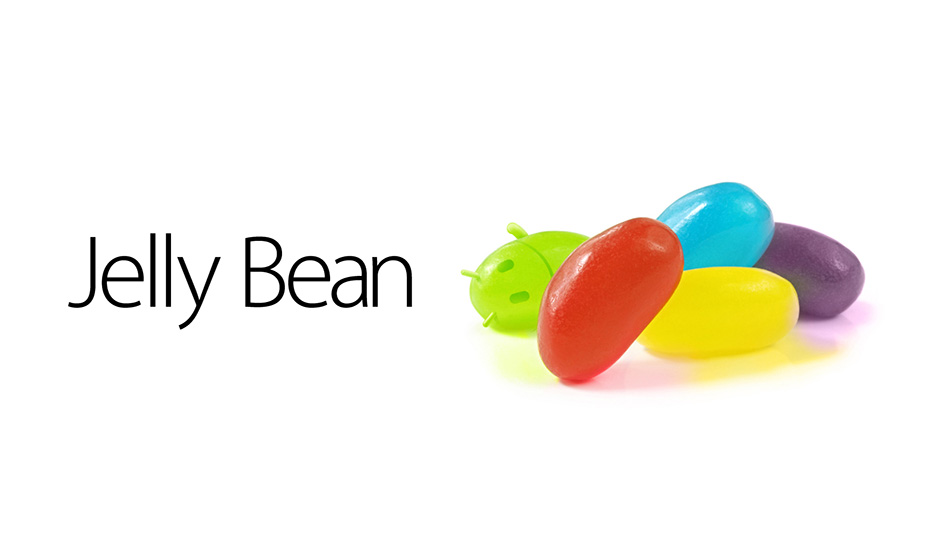
Apple's creative crew is the biggest competition against Android's arsenal of tablets and smartphones. However, there is one main difference between Apple's mobile operating system — iOS — and Google's Android: While Android's is open sourced and free for other companies, Apple's iOS is extremely closed source. That means that it's very limiting in terms of customizing your apps, etc. For instance, on iOS, you wouldn't be able to change your default web browser from Safari to Google Chrome. The issues seems minuscule now, but that goes for everything, and some of Apple's apps aren't as good as the competition (there are a lot of other apps better than Safari, Mail and Weather). The open vs. closed operating system debate has been argued time and time again, but in the end, it depends on personal preference: Would you like a device that you can easily customize but might be more complicated (an Android) or one that's easy to use, but doesn't give you virtually any freedom (Apple's iOS)?
10. Android is Moving Beyond Phones and Tablets to Other Areas, Like Wearable Technology
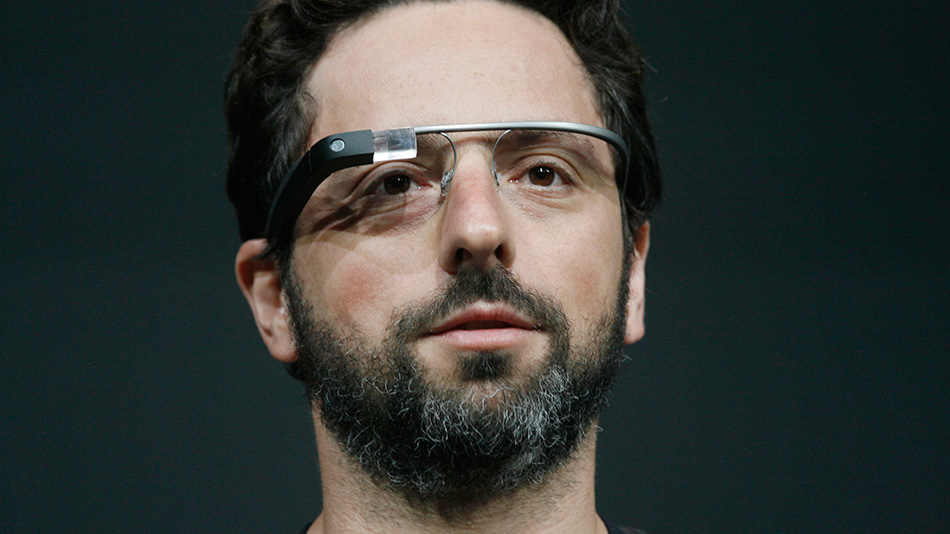
The future of Android is extremely bright. Android seems to be putting an emphasis on wearable technology and other aspects of one's life that consumers may not realize could be improved with the addition of a powerful mobile operating system. For instance, Samsung released the Samsung Galaxy Camera, a fully functional digital camera that runs Android. Similarly, the Ouya was released earlier this month — a video game console powered by Android. Also, Google is reportedly working on both a Google-designed video game system and a smartwatch that are both powered by Android. However, the most impressive display of Android's versatility is Google Glass. Many in the tech world consider Google Glass the future of technology — a pair of glasses that is connected to the Internet and displays information for users. Google Glasses, like most Google products, utilizes Android to the fullest extent.
Source: heavy.com
